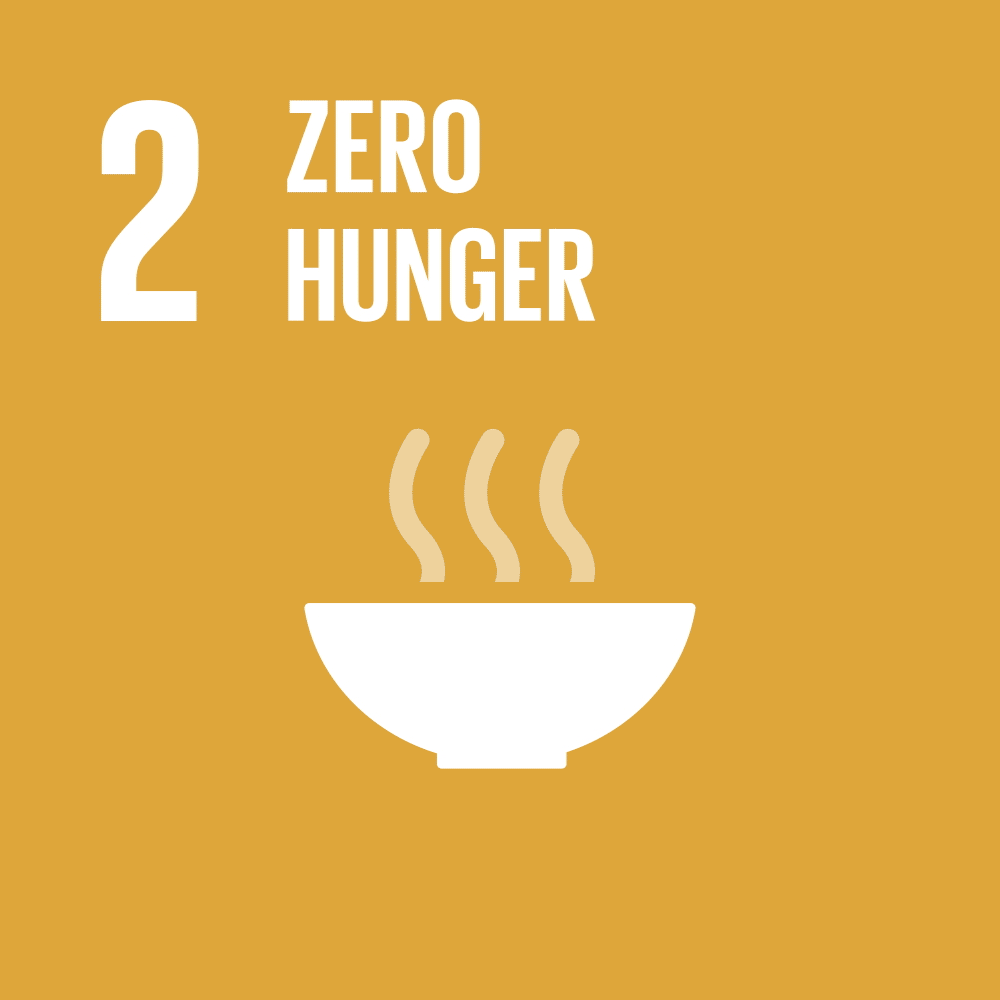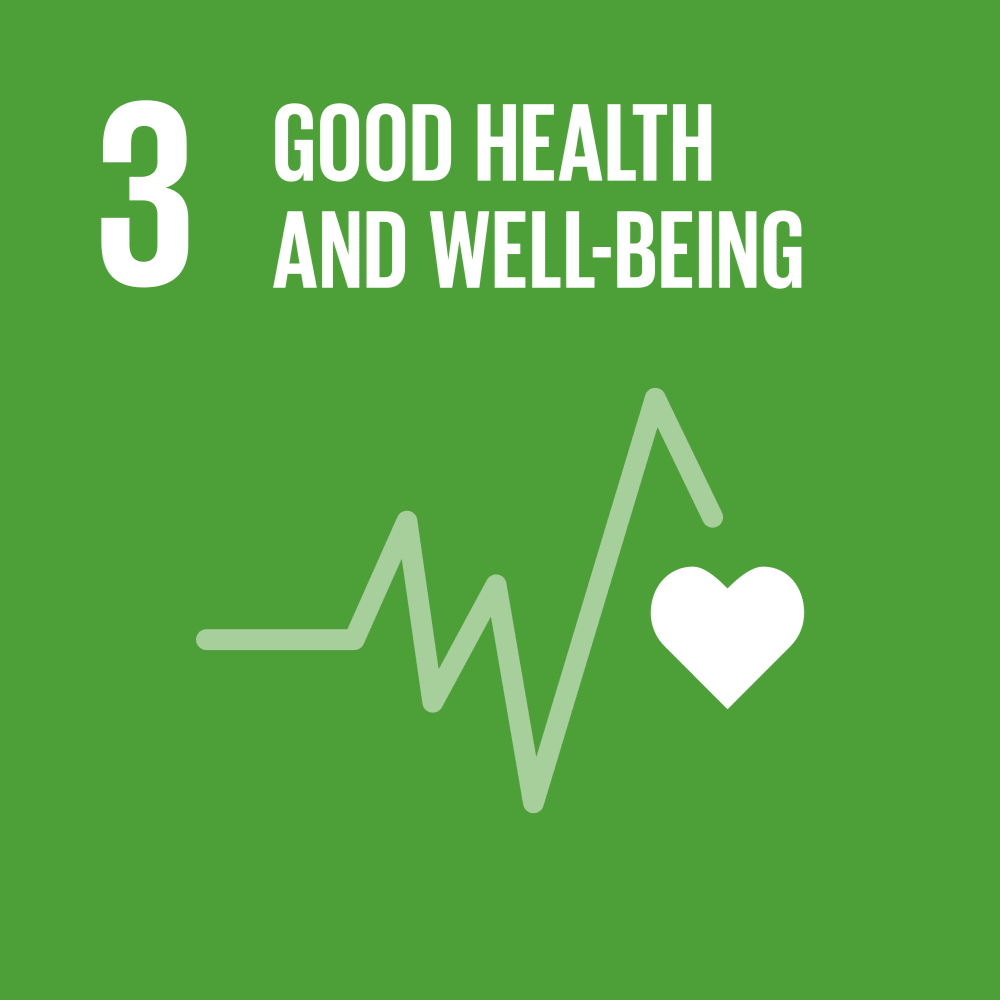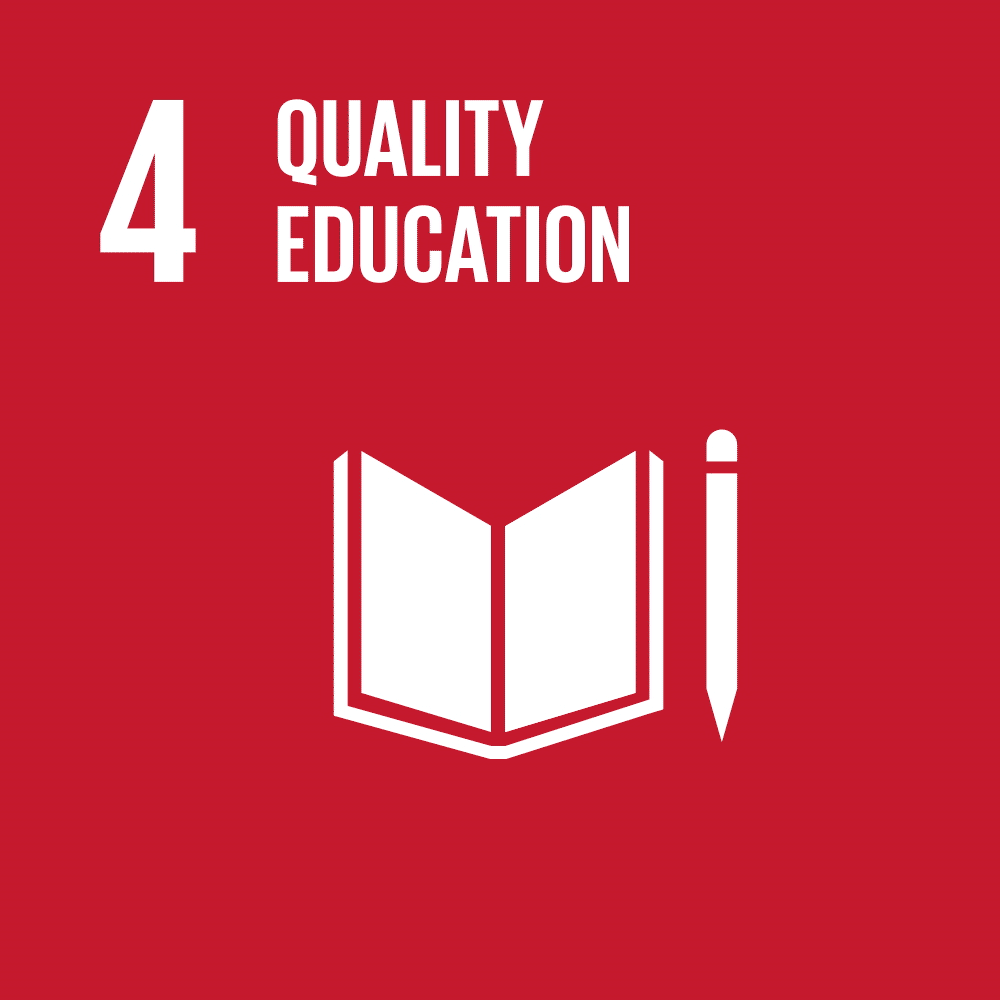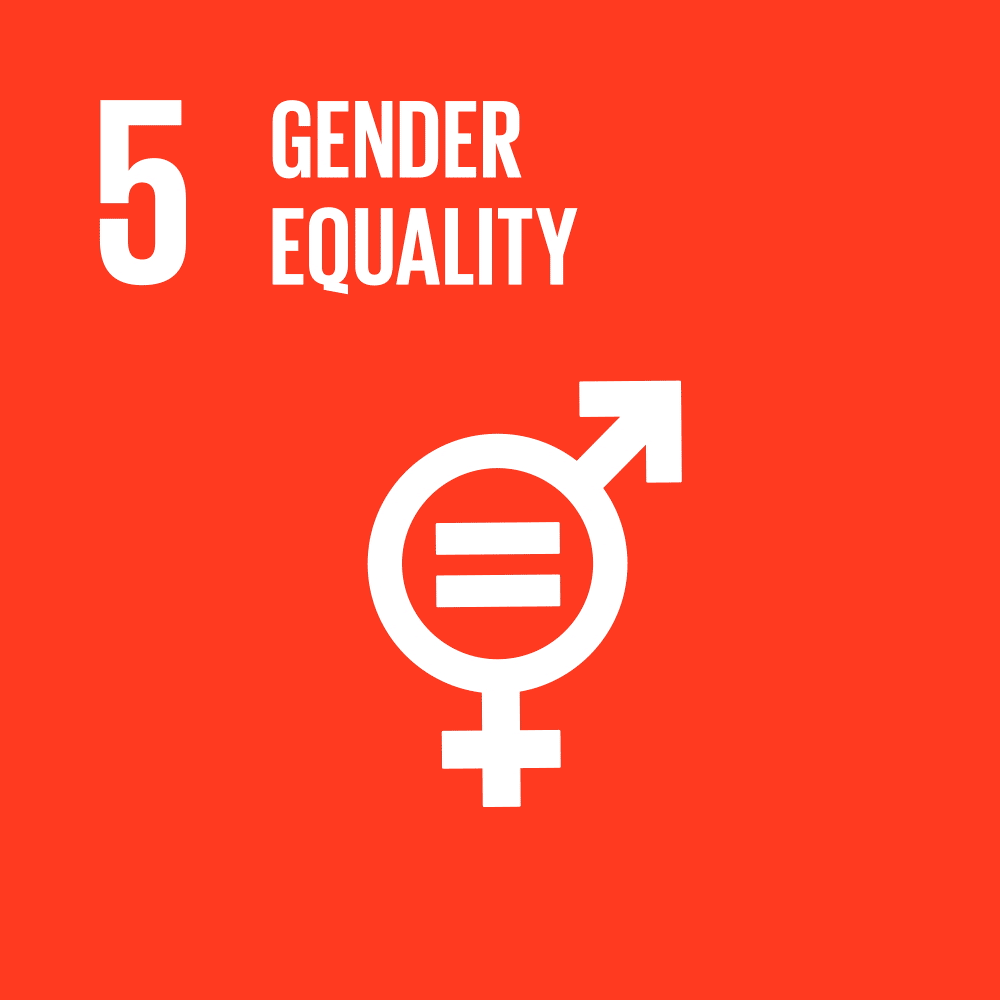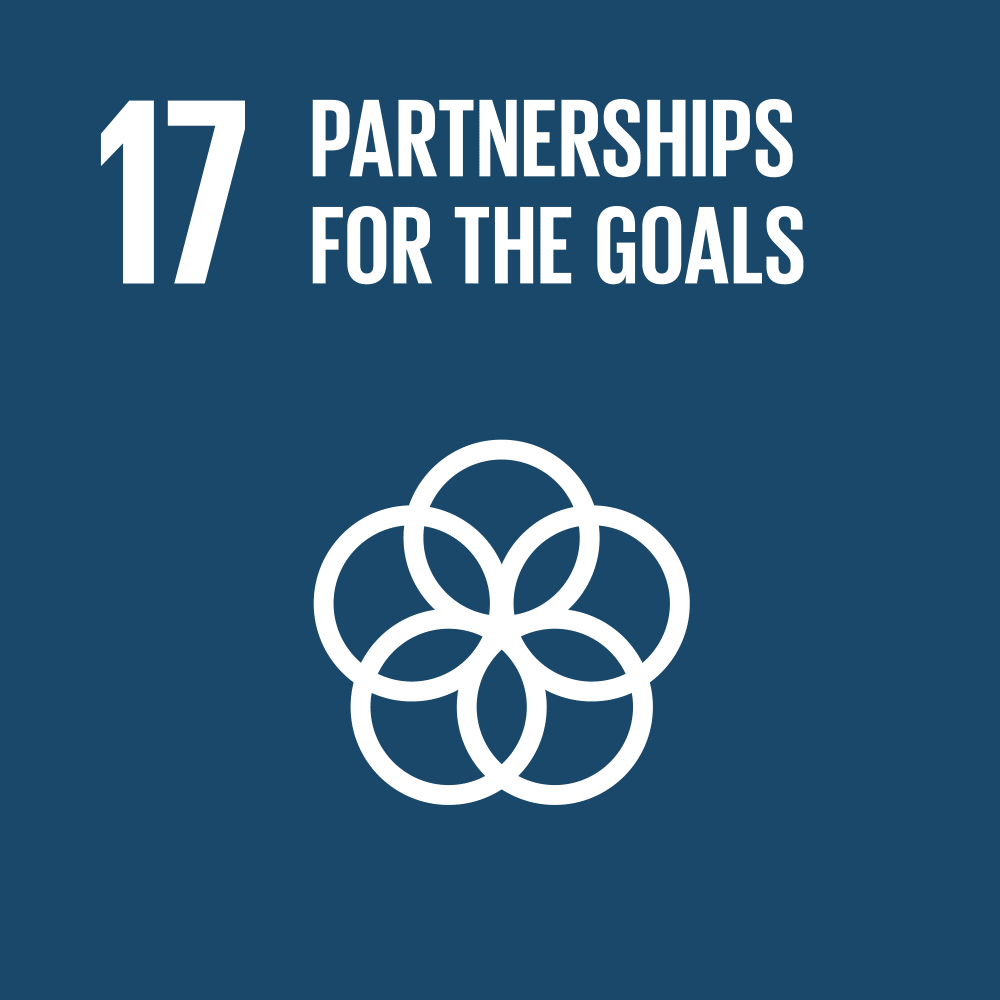Repository of Practices
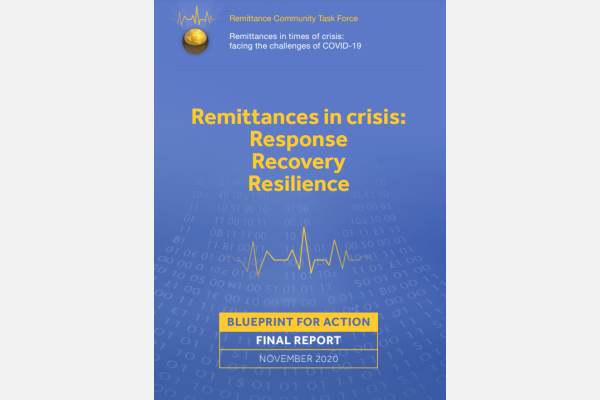
Blueprint for Action of the Remittance Community Task Force
Dates
Type of practice
Geographic scope
Geographic Scope:
Summary
On 19 March 2020, the UN Secretary-General called for an urgent and coordinated response from the international community to address the COVID-19 pandemic. Five days later, the Remittance Community Task Force (RCTF) was launched by the International Fund for Agricultural Development (IFAD), the African Union, and the World Bank Group. To date, over 40 organizations have joined the RCTF, including international organizations, intergovernmental bodies, industry and private sector groups, diaspora networks, and international experts.
After due observation and current assessment of the impact of COVID-19 in the remittance market, the RCTF released a Blueprint for Action in November 2020, which contains concrete measures, actions and relevant examples deemed useful for spurring the recovery and the resilience of one billion people involved in remittances in the post-COVID-19 economic environment. These include 200 million migrant workers – half of them women – and 800 million of their family members in low and middle-income countries (LMICs) who rely on remittances. Guidance on implementable policy options is proposed for immediate action as well as for the next 6 to 12 months, as appropriate to national priorities and needs. Since its establishment, the RCTF has worked on guidelines for identifying measures that facilitate response, recovery and resilience, enabling government authorities to contribute to maintaining the flow of fast, low-cost and safe remittances.
This final report presents a compilation of the effects of COVID-19 on the remittance market until September 2020 and incorporates the consensus of RCTF members on the measures needed to promote the recovery of remittance senders, recipients and service providers. In addition to the GCM, the Blueprint findings also support several international fora and processes, including the Global Forum on Migration and Development, the UN process on Financing for Development in the Era of COVID-19 and Beyond, and the G20 Global Partnership for Financial Inclusion (GPFI), particularly the country roadmaps and the publication of an IFAD-World Bank study on remittances and COVID-19.
Organizations
Main Implementing Organization(s)
Partner/Donor Organizations
Benefit and Impact
Several initiatives included in the Blueprint are still being implemented, and will be updated this year, including impact measurement, as a continuation to the RCTF activities.
Key Lessons
Recommendations(if the practice is to be replicated)
It is important to have terms of reference to guide a group’s work, and to constantly follow up bilaterally through dedicated communication to make them feel part of a community working towards a common goal. A constant communication flow and equal treatment among members are also crucial to ensure empowerment and uptake from them.
Innovation
Additional Resources
Date submitted:
Disclaimer: The content of this practice reflects the views of the implementers and does not necessarily reflect the views of the United Nations, the United Nations Network on Migration, and its members.
More Related Practices:
- Resiliencia y Protección: Casa de Seguridad para Activistas Nicaragüenses en Honduras y Costa
- Migrant Domestic workers and research supporting campaign and litigation for inclusion in the Compensation for Occupational Injuries and Diseases Act
- Migration and Sustainable Development in The Gambia (MSDG)
- Engaging Migrants and Diaspora Communities for an Inclusive and Climate-Resilient Blue Economy in Kenya
- Engagement of migrants in migration management of Azerbaijan
Peer Reviewer Feedback:
*References to Kosovo shall be understood to be in the context of United Nations Security Council resolution 1244 (1999).
Newsletter
Subscribe to our newsletter.

